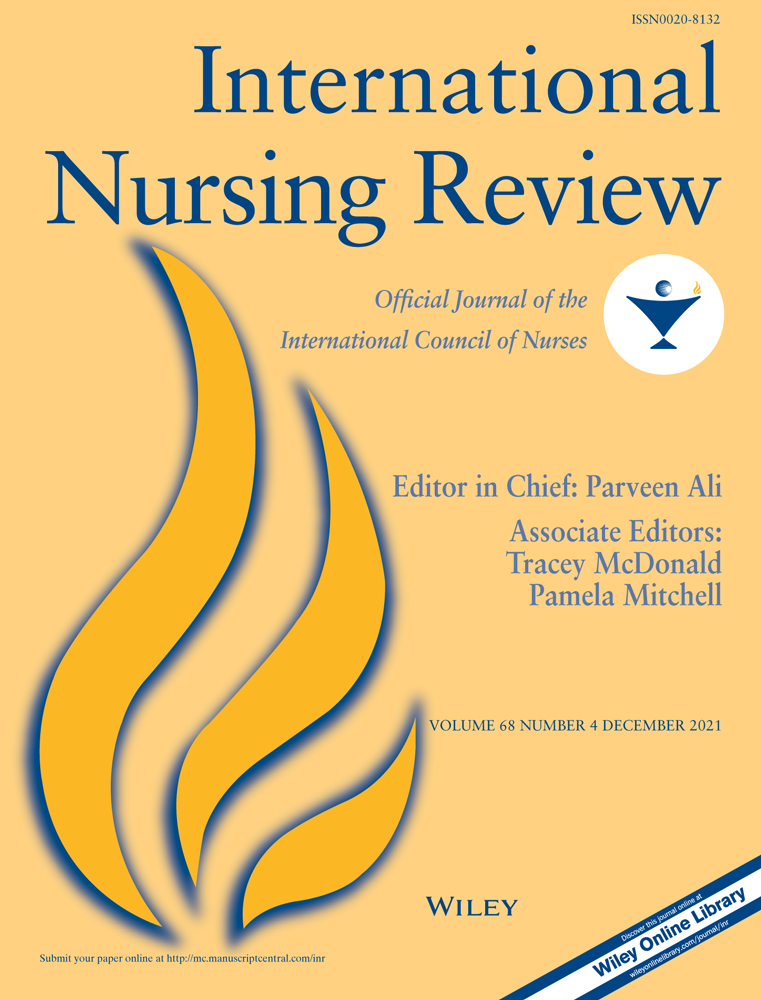A causal model of thriving at work in Chinese nurses
Sources of funding: There was no funding to support this study.
Conflict of interest: No conflict of interest has been declared by the authors.
Abstract
Aim
To develop and test the first causal model of thriving at work in Chinese nurses.
Background
Nurses’ ability to thrive at their work is critical to retain qualified nurses and meet the needs of a constantly changing health environment. However, this is a poorly researched area.
Introduction
Thriving at work refers to the feeling of vitality and learning at work, which are evidenced to be solidly associated with nurses' development. Only a few factors have been explored regarding the effects of thriving at work.
Methods
A cross-sectional study was undertaken using stratified random sampling. This involved 565 nurses from five general hospitals in Dali city, Yunnan Province, People's Republic of China. Data were collected from April to September 2019 using seven instruments. The model was constructed and tested using the Analysis of Moment Structure program and reported using the STROBE checklist.
Results
All model variables provided direct and indirect effects to the outcome. The final model fitted the empirical data with acceptable indices.
Discussion
Predicting variables of workplace mindfulness, authentic leadership, workplace violence, organizational justice and years of experience were found to affect thriving at work directly and indirectly. Psychological capital and perceived organizational support mediated the effects between predicting variables to the outcome.
Conclusion and Implications for nursing and health policy
Recommendations for nursing and health leaders are provided to improve nurses’ thriving at work by building fair, supportive, and safe working environments, improving head nurses’ authentic leadership and cultivating nurses’ mindfulness. Policies need to be promulgated to improve and regulate the nurse–patient ratio and to eliminate violence against Chinese nurses.




